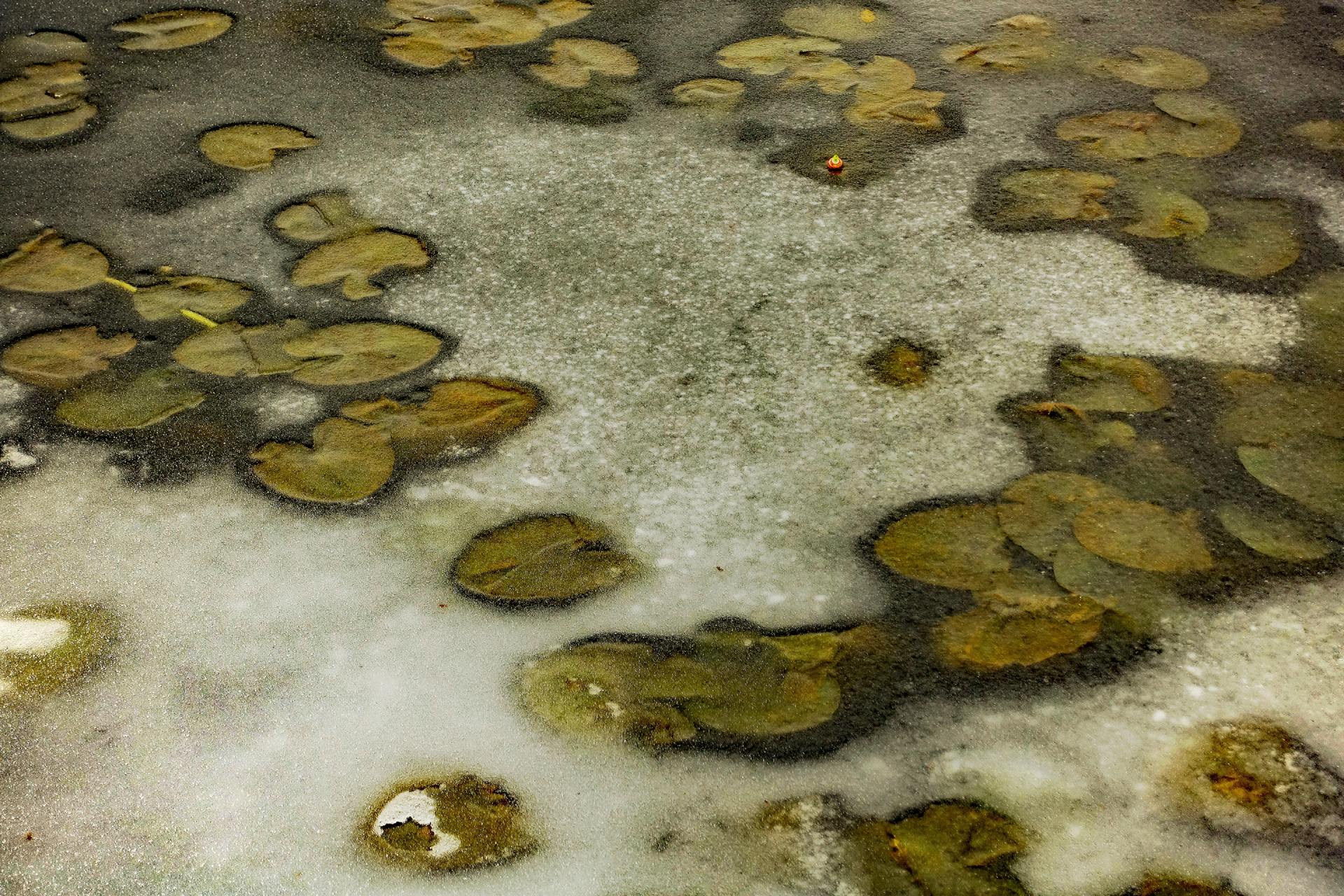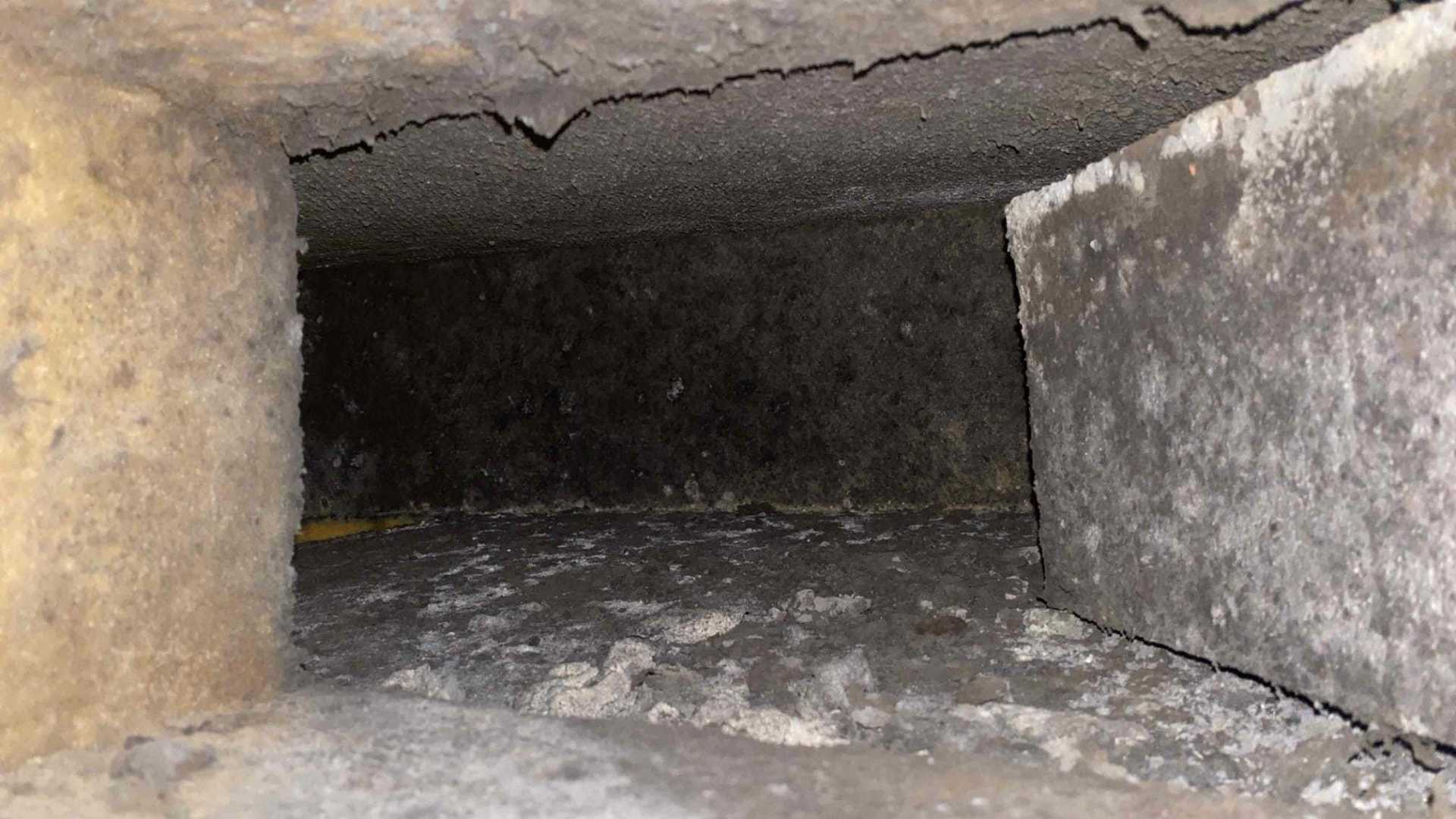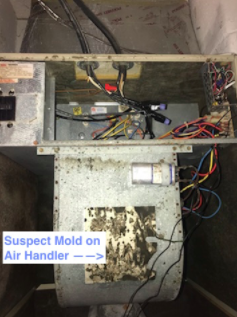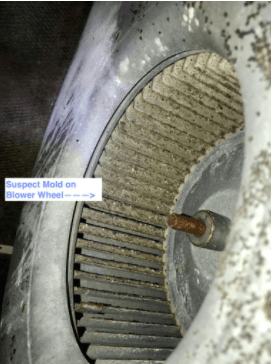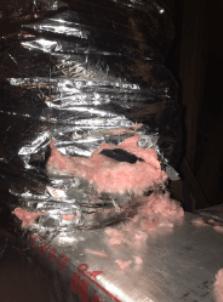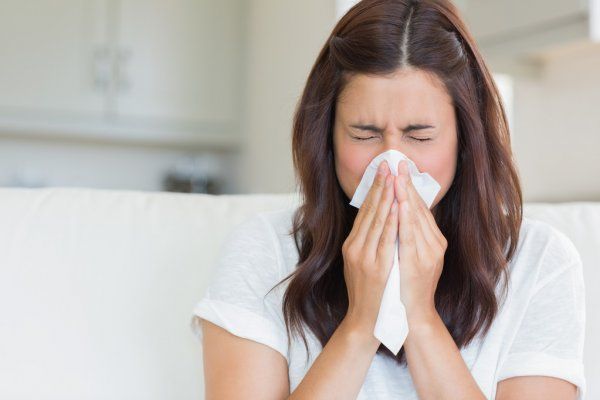SICK BUILDING SYNDROME. COULD YOUR WORKPLACE BE GETTING YOU SICK?
Feeling sick? Allergies acting up? Your workplace could be what’s getting you sick. Whether its a cold, allergies, headaches or even nausea, you deserve to breathe clean indoor air. The average person spends about 10,000 hours a year indoors. Most people try to avoid taking off sick days, but the source of sickness could actually be the building you work in.
Indoor air pollution inside of buildings is often present due to mold and mildew inside of the building’s air-conditioners and air ducts. This results in contaminating the air you breathe and is what the Environmental Protection Agency (EPA) calls Sick Building Syndrome (SBS). The EPA even suggests that 30% of U.S. buildings are considered sick.
There are several different things that can cause SBS. Chemicals from indoor sources to outdoor sources such as new carpets, copy machines, pesticides, tobacco smoke, and even car exhaust fumes all contribute to volatile organic compounds emitting resulting in indoor air pollution.
Biological contaminants such as pollen, mold, and bacteria living in the air ducts is a large factor and what is usually the “unknown” cause of SBS. To discover the source of the pollution and diagnose the best long-term solution for it, the EPA says a walkthrough is to be conducted. At DuctMasters, we conduct a hygiene inspection to determine what can be causing both the building and its occupants to get sick. To schedule an inspection of your building or home, enter your information online or call us at 855-DUCT-411.
As Indoor Air Quality Specialists, we have seen several cases where mold and bacteria have affected occupants in a building. These often result in complaints and even lawsuits from employees and occupants. In our experience, Remediation is Cheaper Than Litigation.
We recommend routine cleaning and maintenance of the building’s HVAC systems. After building’s HVAC systems are initially clean, our customers join our Clean Air Maintenance Program (CAMP), which includes scheduled maintenance of your clean systems. This both gives you peace of mind that your equipment is kept in the best shape and allows you to breathe easy knowing your breathing clean indoor air.
